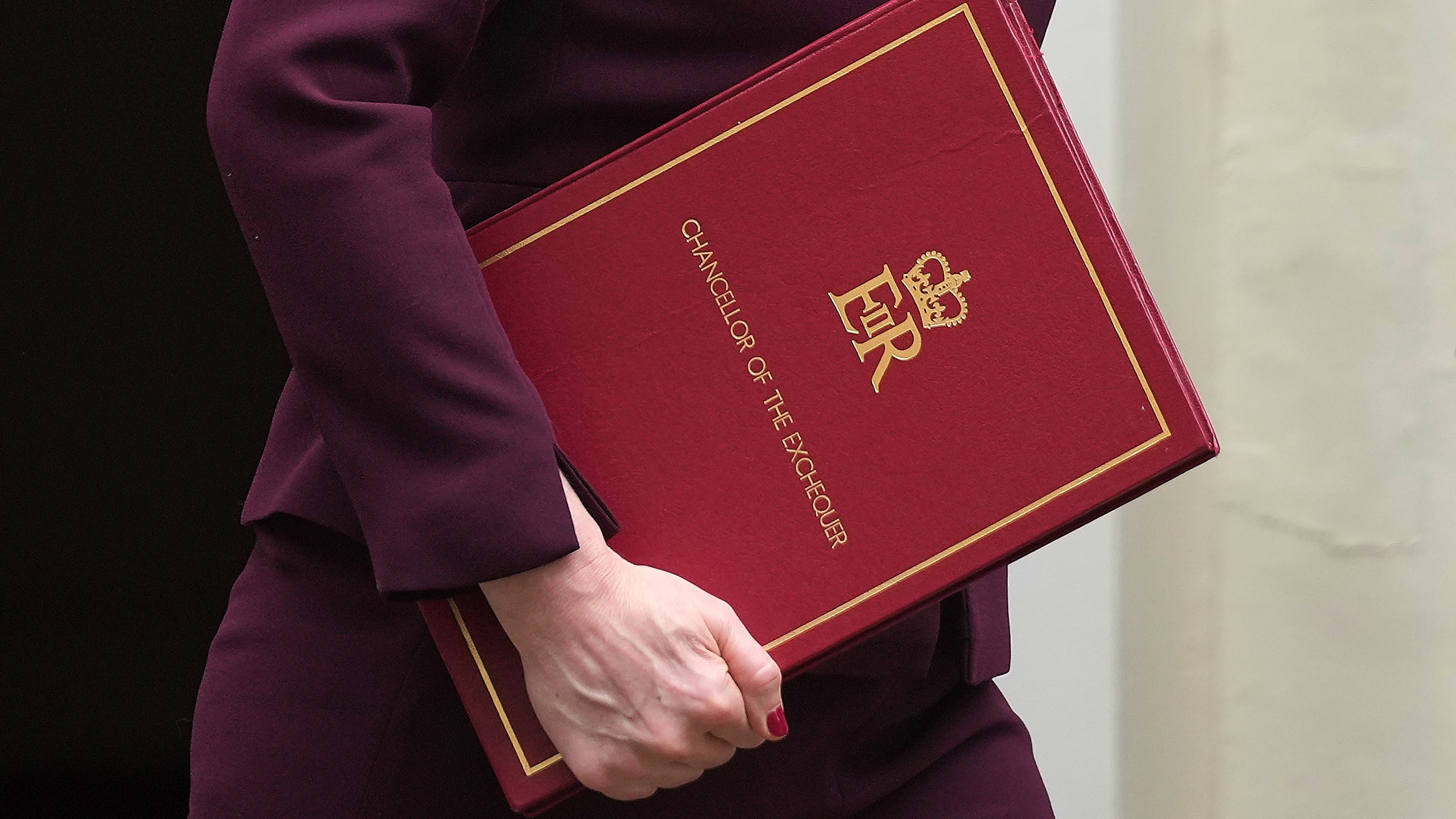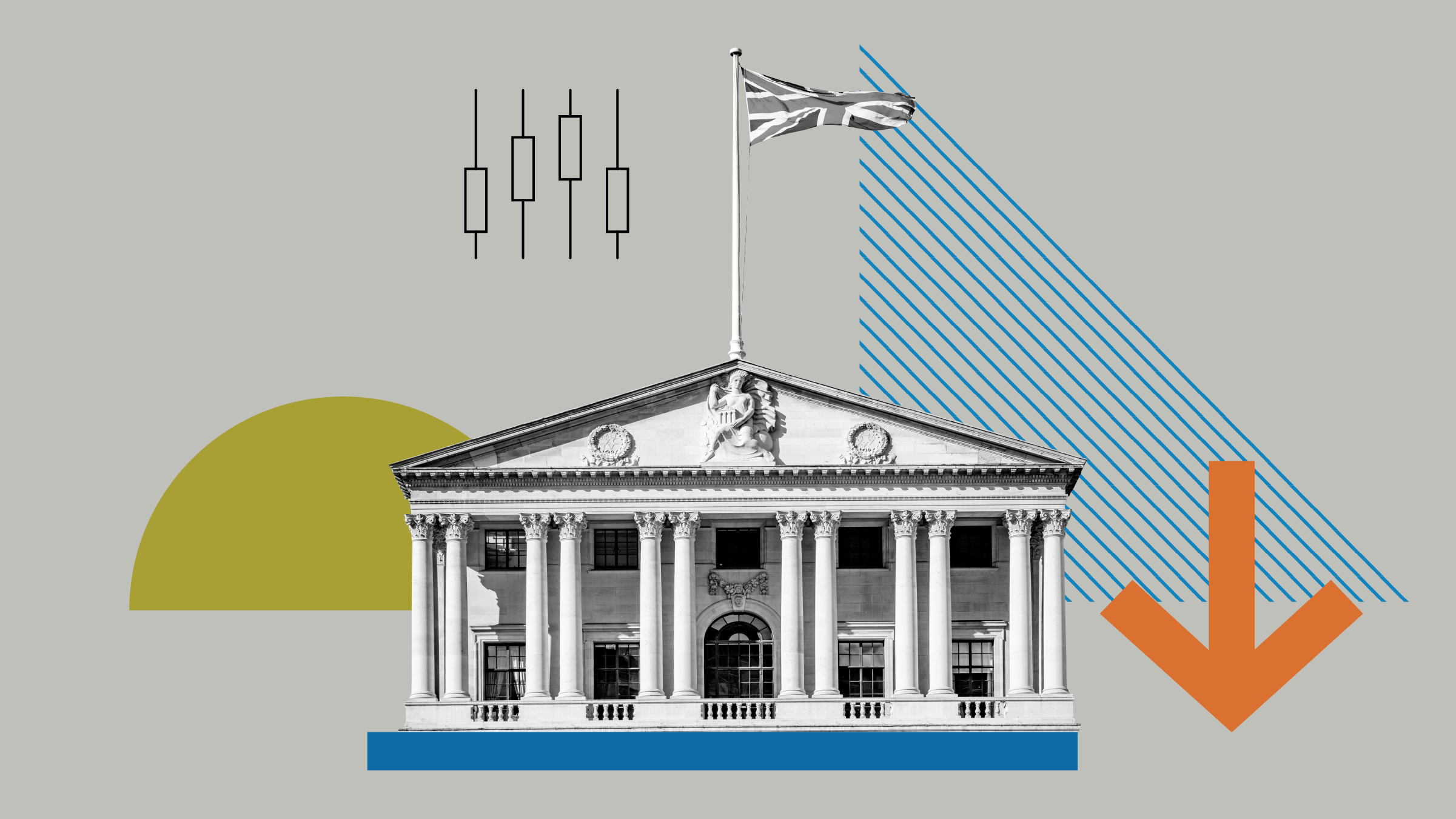UK government bond yields hit a record low in August last year as worries over the nation’s economy rose following the Brexit vote. The 10-year gilt yield has climbed to 1.4% today, a significant improvement from the low last summer of 0.5%. But so too has inflation, with the latest CPI at 1.6% – leaving gilt investors with a negative real rate of return.
Frustrated investors tempted to abandon gits should hold on however, according to fund managers.
“We are positive on gilts for the next 12 months. I expect yields will be slightly lower than they are now,” said David Zahn, head of European fixed income for Franklin Templeton.
“It may be a volatile 12 months but for active managers this volatility will provide a buying opportunity.”
Zahn and his team are making the most of currency fluctuations by buying cheap sterling dominated gilts and hedging back to Euros.
“Sterling bonds do look very good in the European portfolio. It is one of the hedges you can put on to protect against a more aggressive Brexit,” said Zahn.
Jon Wingent, head of portfolio specialists for Lloyds Bank Private Banking echoes Zahn’s views, telling Morningstar in London that gilts “still look very favourable” when compared to European debt.
“We still hold gilts in very high regard as a fixed income safe haven. I think certainty there is still a place for gilts in UK investors’ portfolios, particularly when you believe there is more clarity regarding Brexit moving forward,” he said.
Mark Preskett, of Morningstar Investment Management agreed, saying that even with yields at record lows, the “humble government bond remains one of the better sources of diversification”.
“Excluding income, and the contribution of gilts in the drawdown periods is rarely significant – offering capital protection rather than offsetting other losses,” said Preskett.
Fraser Lundie, head of credit at Hermes added that “selling gilts is not the smart thing to do”, and investors should instead avoid southern European bonds, saying the capital positions of banks in the region were weak.
Will Rising Inflation Lead to UK Rate Hikes in 2017?
Inflation is expected to keep rising as the loss of value in sterling feeds through into retail prices. But Lloyds’ Wingent stressed that this was not an entirely negative situation for the UK economy as it could result in interest rate rises; especially if inflation is contained within a sustainable range, ideally around the Bank of England 2% target.
However, Templeton’s Zahn argued inflation was likely not to result in a response from the Bank of England as the impact is expected to be temporary.
“Inflation is hurting consumers and I agree that this is another drag on the economy. It is a concern but it will tail off,” said Zahn.
Hermes’ Lundie agreed, saying that it is unlikely the UK will see a meaningful rate rise because the Bank of England Governor Mark Carney is not “overly hawkish”.
“It is more likely the Bank will let sterling depreciate further rather than raising interest rates. So far, they have allowed the currency to take the pain post Brexit-vote,” he said.
The Impact of European Elections
The outcome of European elections later this the year could also affect the pace of rate hikes in the UK. “If populism wins, the Euro will go down,” said Lundie. “That will mean sterling goes up and UK inflation goes down so there is less chance of an interest rate rise.”
Lloyds’ Wingent agreed, saying that if Europe looks in disarray, the UK will be viewed as a safe haven.





























